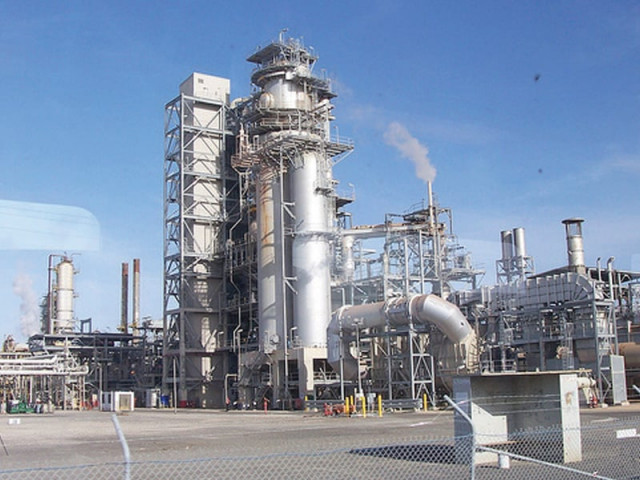Policy delays threaten $5b refinery investments
Refinery upgrade plans stall as investors await Brownfield policy, tax clarity

Foreign investors are reluctant to invest in refining sectors, as the government has failed to resolve multiple issues faced by refineries.
Delays in the implementation of the Brownfield Refineries Policy 2023 have affected timelines, and sales tax exemptions are another issue that has impacted the refineries' projects of upgradation.
Sources told Express Tribune that foreign investors have conveyed to refineries that they are not prepared to invest in the upgradation of projects unless the government resolves their issues.
Quoting an example of Pakistan Refinery Limited (PRL), sources said that the refinery had floated a tender to attract a contractor and financing for their upgradation.
The deadline for the tender was in December, but Chinese investors had refused to participate in the bid saying that they could not participate unless the government addressed the issues faced by refineries.
During the first tender, not a single investor had participated in a bid. PRL then floated a tender for the second time, with the last date to submit bids May 30th. However, industry officials have said that they are not hopeful that any investor will participate.
Local refineries are said to be strategic national assets, playing a vital role in Pakistan's energy security and economic development.
Refineries in Pakistan produce diesel in accordance with specifications notified by the Ministry of Energy (Petroleum Division). Importing a single cargo of HSD costs approximately $45 million in foreign exchangean unnecessary burden when adequate local supplies are available.
Sources said that the country's refineries' upgradation projects would help double the diesel production in the country.
Over the years, refineries have been investing in the upgradations, including capacity expansions and the installation of Isomerisation and Diesel Hydro Desulfurization (DHDS) units, enabling them to improve fuel specifications.
Currently, Pakistan's refineries produce HSD with sulphur content ranging from Euro I to Euro V. One refinery already produces Euro V-compliant diesel, two supply Euro III, and the remaining produce diesel with sulphur content of around 5,000 ppmfar lower than the inaccurately reported figure of 10,000 ppm.
Notably, even the refinery producing Euro V diesel faces challenges with product uptake due to inconsistent off-take by certain companies, resulting in operational difficulties.
Delays in the Brownfield Refineries Policy 2023 implementation have affected timelines and are already in the knowledge of authorities. After the successful upgradation of the refineries, all local refineries will be supplying Euro V fuels.
It is important to note that a significant portion of Pakistan's transport and agricultural sectors does not require Euro V diesel, making locally produced grades both suitable and efficient for market needs.
Smuggled and substandard fuel entering the market is also a significant threat to product quality and market stability. Continued reliance on local refineries enhances energy resilience, curbs foreign exchange losses, and ensures a stable fuel supply for the country.
The multibillion-dollar plant upgrade projects by Pakistan's refineries are at stake as the government has yet to resolve the issue of sales tax exemption on supplies of petroleum products.






















COMMENTS
Comments are moderated and generally will be posted if they are on-topic and not abusive.
For more information, please see our Comments FAQ